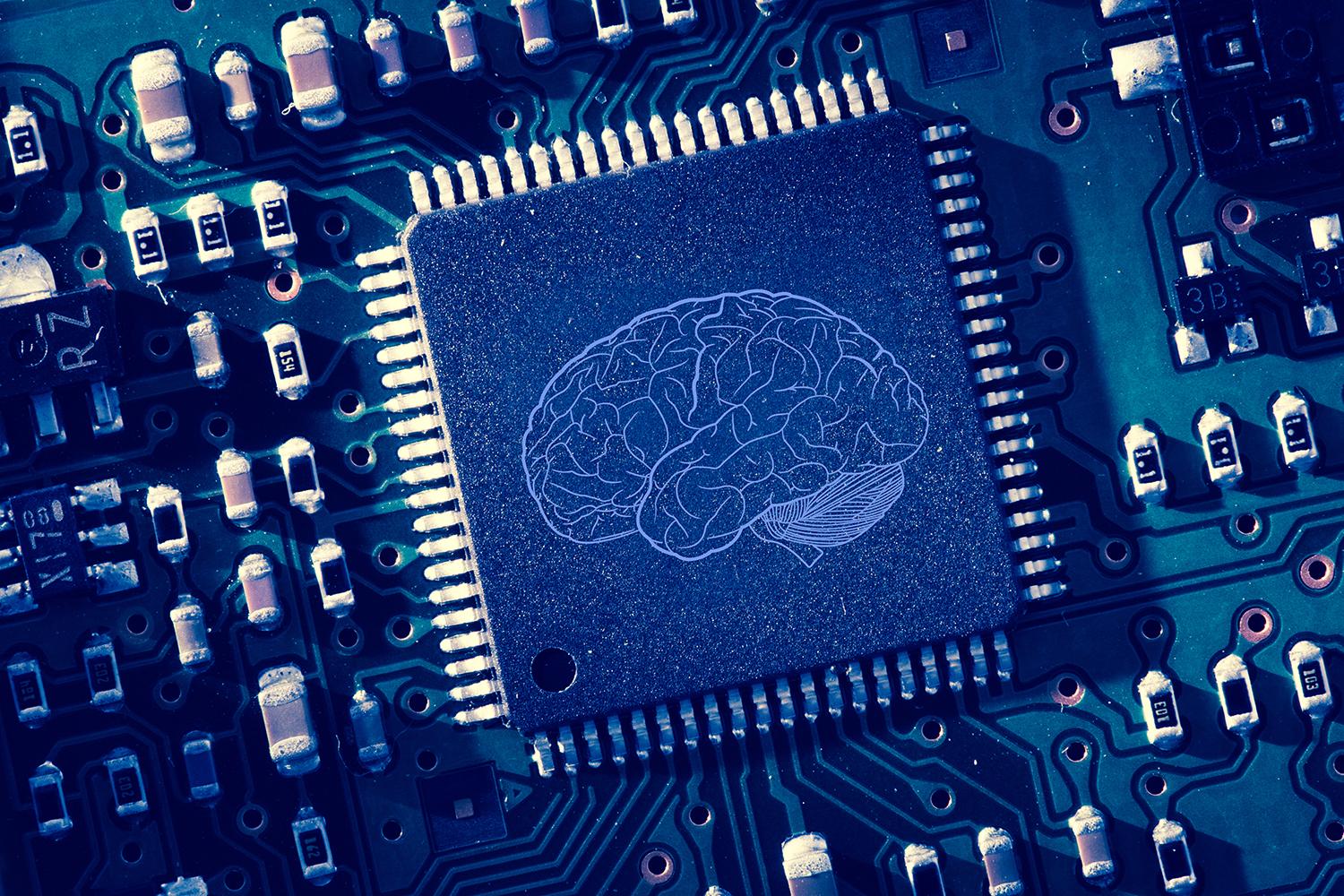How IBM Watson and cognitive computing systems are changing education
AI • Jan 20,2017

How IBM Watson and cognitive computing systems are changing education

The education industry is undergoing more changes recently than it has at possibly at any other point in history. Startups are trying to fill in gaps and create new technologies and educational services. Experts recognize that education should focus on enhancing students’ problems ability, creativity and teamwork by better implementing artificial intelligence technology and applications. They think that AI technology will change the educational landscape by making education more interactive and creative. IBM Watson and other cognitive computer systems can transform the learning experience.
When AlphaGo, a computer programme developed by Google subsidiary DeepMind, beat Korean go master Lee Se-dol 4-1 in the historic machine-versus-human match in Seoul in 2016, the Korean public was shocked and started worrying about how to deal with the new era. We were writing about how robots will change the way we work and future militarization of artificial intelligence, which is very disturbing topics to cover. Now it’s time for education.
IBM Watson could soon change teachers in classrooms. The supercomputer, which was developed by IBM, is a cognitive computing system, capable of answering questions posed in natural language. In 2011 Watson competed on Jeopardy! against former winners Brad Rutter and Ken Jennings and received the first place prize of $1 million. It operates in different industries, including healthcare industry. For example, IBM Watson’s former business chief, Manoj Saxena, said that 90% of nurses in the field who use Watson now follow its guidance.
The cognitive computer’s ability to digest large data sets and communicate with humans could open new avenues for teaching. Think about an intelligent tutor, a system that can truly be interactive with the learner as they’re engaging and learning the materials. Watson could lead teachers a hand by expanding its role as a search engine, returning not only the best answer to a question but also the logic for how it reached that conclusion.
Cognitive solutions that understand, reason and learn help educators gain insights into learning styles, preferences, and aptitude of every student. The results are holistic learning paths, for every learner, through their lifelong learning journey. Chung Jae-young, an education professor at Ewha Womans University, said AI will take education a step further. “The most viable and effective AI-applied education is a customized education tailored to each student,” Chung said. He expects AI will promote student-centered learning by making one-to-one mentoring available at schools.
In 2016 IBM signed a partnership with Pearson, the world’s largest education business, to develop new approaches to education in the cognitive era. IBM’s new alliance with global education services giant Pearson, represents the latest sign of how cognitive learning, and Watson’s expanding role behind the scenes, are reshaping the education technology landscape in higher education.
For Pearson the alliance represents a chance to combine its global offering of digital learning products with IBM’s cognitive learning platform in an effort to give students a more immersive learning experience with their college courses. And it promises to give instructors greater insights about how well students are navigating through their courses. To accomplish that, Watson will essentially ingest and analyze all of Pearson courseware. But it will also operate as an embedded service within the courseware, learning on a continual basis how students interact with that courseware and provide increasingly appropriate answers to students’ questions.
So if a student is experiencing difficulty while studying for a biology course, for example, he or she can query Watson using natural language to ask questions. Based on the student’s responses, Watson can provide hints, feedback and explanations and ultimately work with the student at their pace to help them master the topic. But it will also give instructors real-time insights about how well students are navigating through their course materials. That in turn, should help instructors manage their entire courses more effectively and identify students more quickly who are struggling.
Artificial intelligence is poised to play a pivotal role in growing the field of learning analytics and personalized learning. There is also a potential for the use of AI to create unique learning pathways and adaptive systems for online learning. IBM Watson and other supercomputers can provide deeper insights into human learning and completely change the way we learn.
Author: AI.Business
If you like our articles, please subscribe to our monthly newsletter:
[mc4wp_form id=”763″]